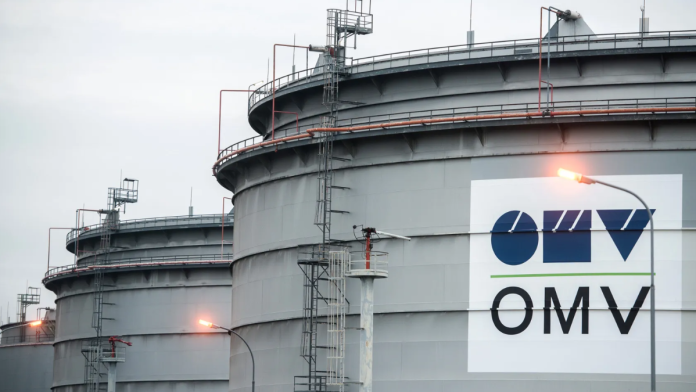Austria has expelled a Russian diplomat after he was suspected of spying on the country’s largest oil and gas company, OMV. Authorities believe the diplomat received sensitive company information during a private meeting with a former senior employee of OMV.
The meeting reportedly involved the exchange of documents that contained information linked to OMV’s business activities. Austria’s intelligence services treated the incident as a serious threat to national interests. The diplomat, who worked at the Russian Embassy in Vienna, was quickly declared persona non grata, which means he was no longer welcome in the country.
After the allegations surfaced, Austria requested that Russia lift the diplomat’s legal protection known as diplomatic immunity. This would have allowed a full investigation into the case. Moscow refused, and as a result, the diplomat was forced to leave Austria. Officials confirmed his departure at the end of September.
Energy Tensions Between Europe and Russia
This case has attracted attention because OMV is not just any company. It is the largest oil and gas business in Central Europe and a key part of Austria’s energy sector. In recent years, OMV was closely linked to Russian gas supplies, but this relationship broke down after the war in Ukraine began.
Iran and Russia agree on nuclear power project as United Nations sanctions approach
In December 2024, OMV ended its long-term gas supply contract with Russia’s Gazprom Export. That contract had been expected to last until 2040. The Austrian company accused the Russian side of failing to meet its obligations. According to OMV, gas deliveries stopped completely in November 2024.
This decision marked a sharp change in Austria’s energy strategy. For decades, Russia had been one of the main suppliers of gas to Austria and much of Europe. But after the invasion of Ukraine, the European Union began moving away from Russian energy altogether. Pressure grew even stronger as Ukrainian drone strikes targeted oil facilities in Russia, disrupting production.
The European Union announced plans to completely stop buying Russian oil and gas by 2027. On September 16, EU Commission President Ursula von der Leyen stated that the EU would propose an even faster timeline for phasing out Russian energy purchases. She explained that the proposal came as pressure from the United States increased, and as Europe aimed to cut Russia’s energy revenues more quickly.
Growing Concerns Over Espionage in Europe
The expulsion of the Russian diplomat highlights the rising concerns about espionage across Europe. Since the start of the conflict in Ukraine, several European countries have uncovered spy networks and expelled individuals accused of working secretly for Moscow.
EU unleashes historic crypto crackdown—digital currency ban hits Russia’s war chest
In many of these cases, the suspected spies were gathering information about defense systems, political decisions, and especially the energy sector. Energy has become one of the most sensitive areas in the conflict. With Europe reducing its reliance on Russian oil and gas, the Kremlin has tried to maintain influence and gather intelligence wherever possible.
Austria’s action is particularly striking because the country has long been seen as maintaining a neutral stance. Vienna is also home to many international organizations and has traditionally hosted numerous diplomatic missions. That makes it a hub for intelligence activities.
Officials have not yet revealed the exact nature of the documents that were allegedly passed to the Russian diplomat. What is known is that the former OMV employee involved in the case later worked for the Abu Dhabi National Oil Company, which is also a shareholder in OMV. This has raised further questions about how information may have been shared and with whom.
The government has stressed that the decision to expel the diplomat was made to protect Austria’s security and the confidentiality of its energy industry. The move adds Austria to the growing list of European countries taking firm action against suspected espionage linked to Russia.


